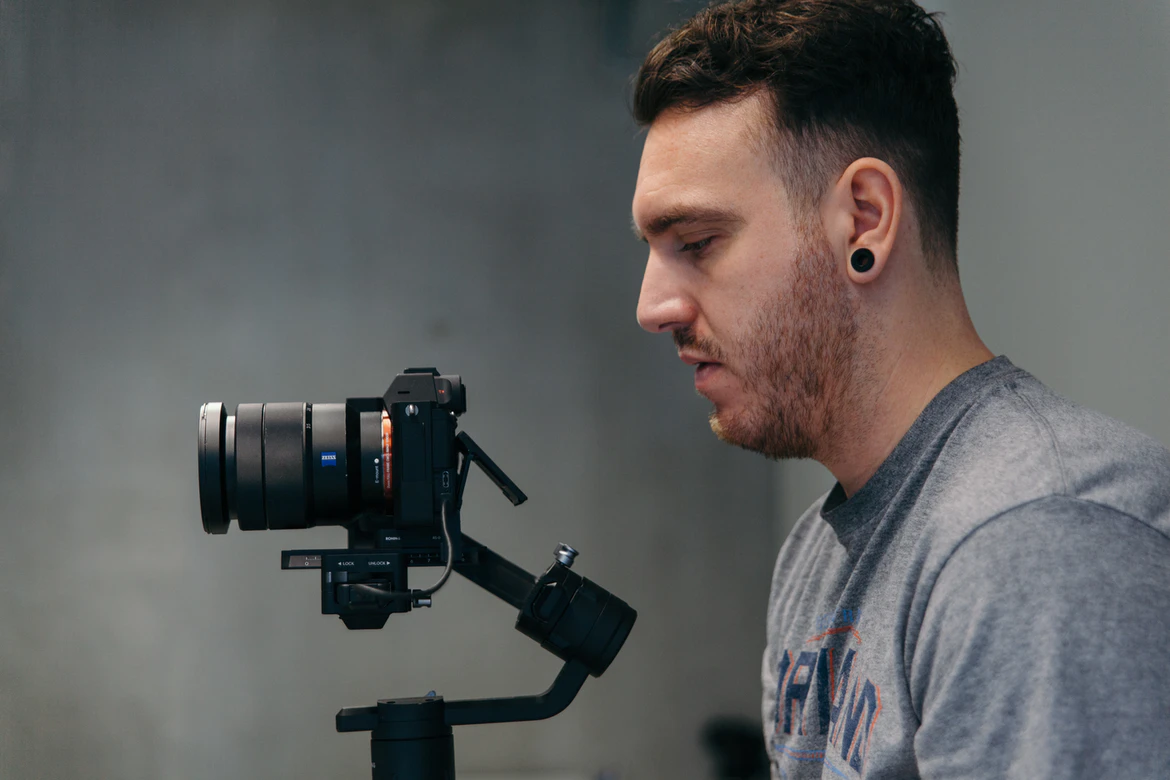How Long After an Audition Do You Get a Callback?
(By Javier Guerra)
 (Photo: Andrea Piacquadio | Pexels)
(Photo: Andrea Piacquadio | Pexels)
For many actors, the period after an audition can be filled with anticipation, hope, and sometimes anxiety. One of the most common questions performers have is, “How long after an audition do you get a callback?” While there is no one-size-fits-all answer, several factors can influence the timing of callbacks. Understanding these variables can help manage expectations and allow you to approach the waiting period with patience.
The Standard Timeline
In most cases, if a casting director or agent is interested in seeing you again after your audition, they’ll typically contact you for a callback within one to two weeks. This is a common timeframe, but it can vary depending on the specifics of the production and the hiring process.
Here are a few key elements that can influence the timing of callbacks:
1. Type of Production
 (Photo: Ron Lach | Pexels)
(Photo: Ron Lach | Pexels)
The size and complexity of the production can have a significant impact on how quickly you hear back after an audition. For instance, larger productions like movies or high-profile TV shows may take longer to assess all the audition materials. These projects usually see hundreds, if not thousands, of actors audition for various roles, and it can take time to narrow down the list of potential candidates.
- TV Shows and Movies: On big-budget projects, callbacks may take a week or two, but it can sometimes stretch to several weeks, especially if the casting directors need to consult with the producers or director.
- Theater Productions: In contrast, callbacks for theater roles may happen more quickly, sometimes within a few days to a week, as theater productions often work on tighter schedules.
- Commercials or Smaller Productions: Smaller projects like commercials or indie films might move faster, with callbacks happening within a few days, especially if there’s a quick turnaround.
2. Casting Process
The casting process itself plays a role in the callback timing. After auditions are completed, casting directors need time to review all the tapes or in-person performances. If there are many actors to consider, they may take longer to make their decisions.
- Shortlist and Decision-Making: Some casting directors create a shortlist of actors they want to bring in for callbacks. If you make this list, expect to hear back in the next few days to a week.
- Scheduling Conflicts: Sometimes, casting directors have to schedule callbacks based on the availability of both the actors and the creative team. This could cause a delay in hearing back.
3. The Role and Your Performance

(Photo: Rene Ranisch/Unsplash)
Callbacks are typically offered to those who have a strong chance of landing the role, but sometimes the callback may take longer if the casting director is still unsure about the fit. If you performed exceptionally well but the director is looking for something specific, they may take additional time to make a decision.
- Matching the Vision: If you’re a close match for the role but they’re unsure whether you’re the right fit, they may call you back to see if you can tweak your performance or provide something different in the callback.
- Competition: If there are many talented actors auditioning for the same role, the callback process can be delayed as casting directors carefully assess each candidate’s strengths and weaknesses.
4. Urgency of the Project
If the project is on a tight timeline—perhaps due to location constraints, an upcoming production schedule, or an urgent casting need—the callback process may happen quickly. Conversely, if the production timeline is more flexible, casting directors may take their time in making decisions.
- Immediate Casting Needs: For projects with an immediate need, callbacks may happen in a day or two to ensure quick decisions.
- Flexible Timeline: If the production has a longer timeline, callbacks may be spaced out more, giving both the casting team and actors more time to decide.
5. Casting Director’s Preferences and Communication Style
 (Photo: Vanilla Bear Films | Unsplash)
(Photo: Vanilla Bear Films | Unsplash)
Every casting director has their own preferred working style and timeline for making decisions. Some may be more efficient and quick to communicate with actors, while others may take a bit longer. Additionally, some casting directors may be better at keeping in touch with actors throughout the process, while others may be more reserved about providing updates.
How to Handle the Waiting Period
- Be Patient and Professional: After the audition, it’s important to give the casting team time to review your performance. Avoid following up too soon, as this may appear overly eager or impatient. Wait at least one to two weeks before reaching out with a polite follow-up email or message expressing your continued interest.
- Stay Busy: While waiting for a callback, keep working on other auditions or projects. Staying busy will help ease any anxiety about waiting and will keep you focused on your overall career growth, rather than one specific role.
- Don’t Take it Personally: The callback process can be unpredictable. Many factors that have nothing to do with your talent, like scheduling, fit for the character, or the overall chemistry with other actors, can influence the decision. If you don’t get the callback, it’s not a reflection of your abilities.
- Use the Waiting Period to Improve: If you haven’t heard back after a week or two, consider reviewing your performance. Is there anything you could have done differently? Could you enhance certain aspects of your delivery? Use the waiting time as an opportunity for self-improvement.
When to Follow Up
While it’s important to give the casting director enough time to assess the auditions, following up is acceptable after some time has passed. A polite email to inquire about the status of the casting process is fine after one or two weeks. Just remember to express your gratitude for the opportunity and convey enthusiasm about the role.
Conclusion: Timing is Key
The timing of a callback after an audition can vary based on the type of production, the casting process, the urgency of the project, and the specific needs of the role. While most callbacks happen within one to two weeks, there are many factors that can influence how quickly casting directors reach out.



